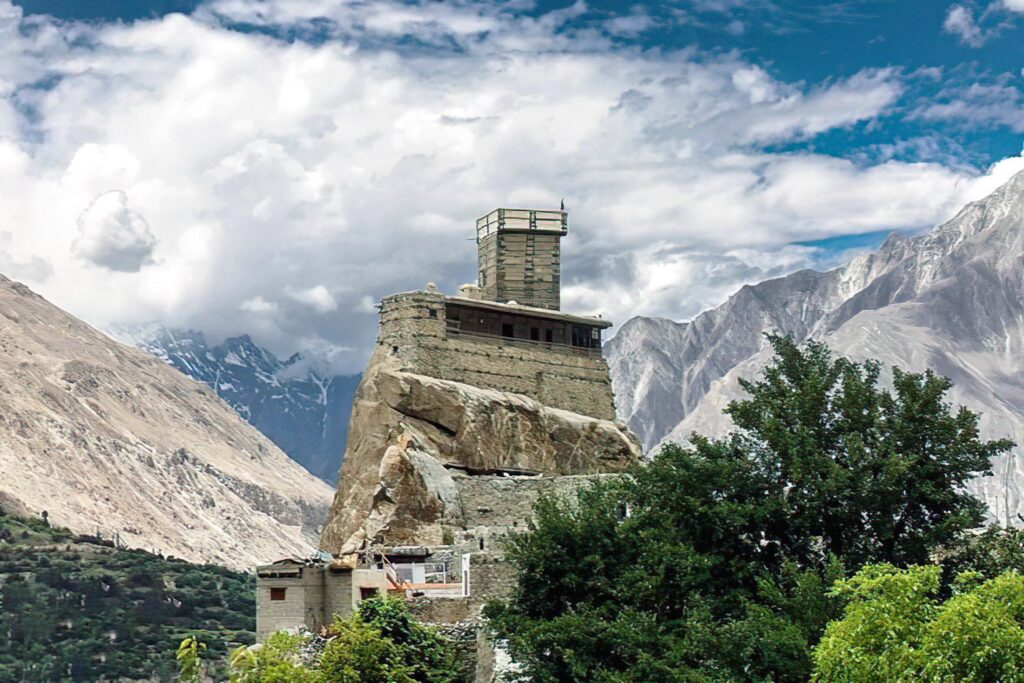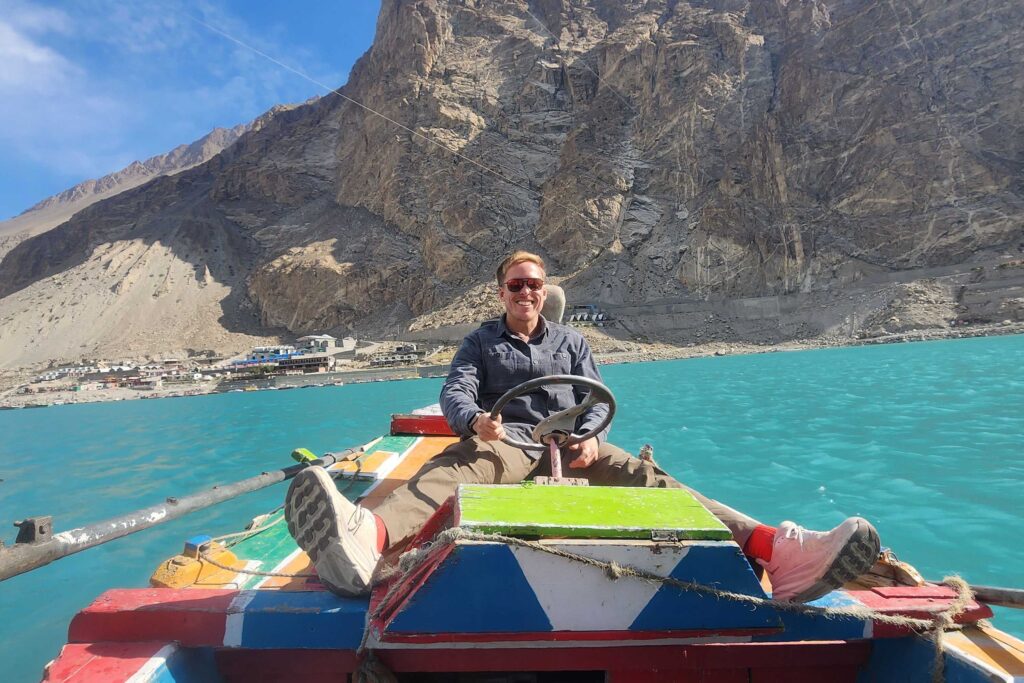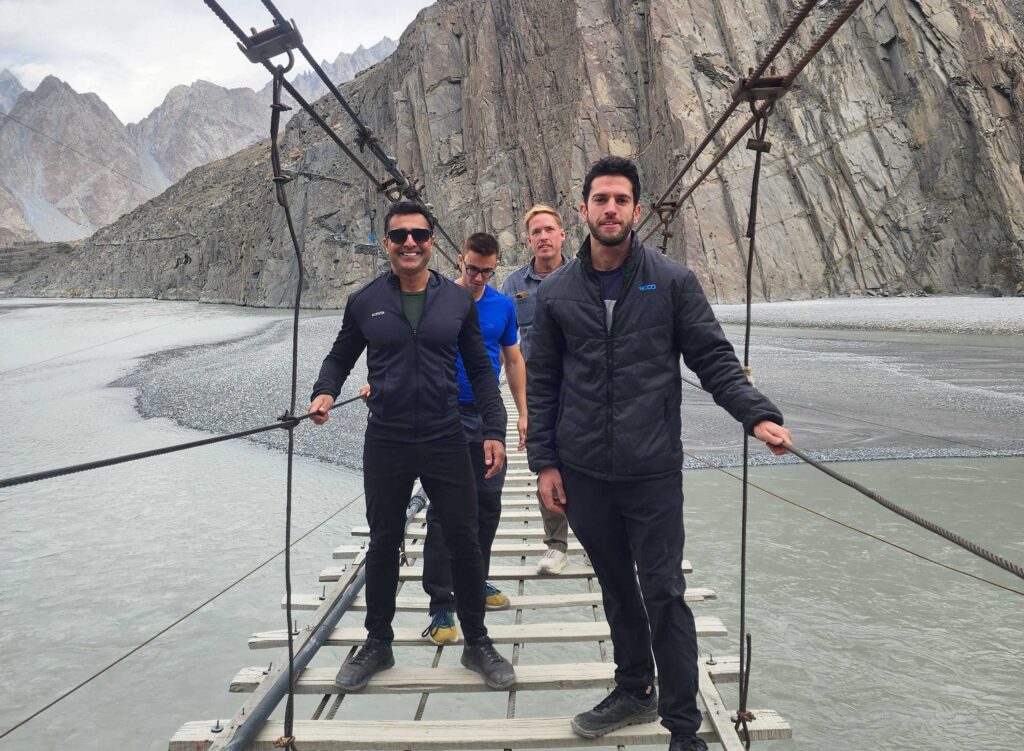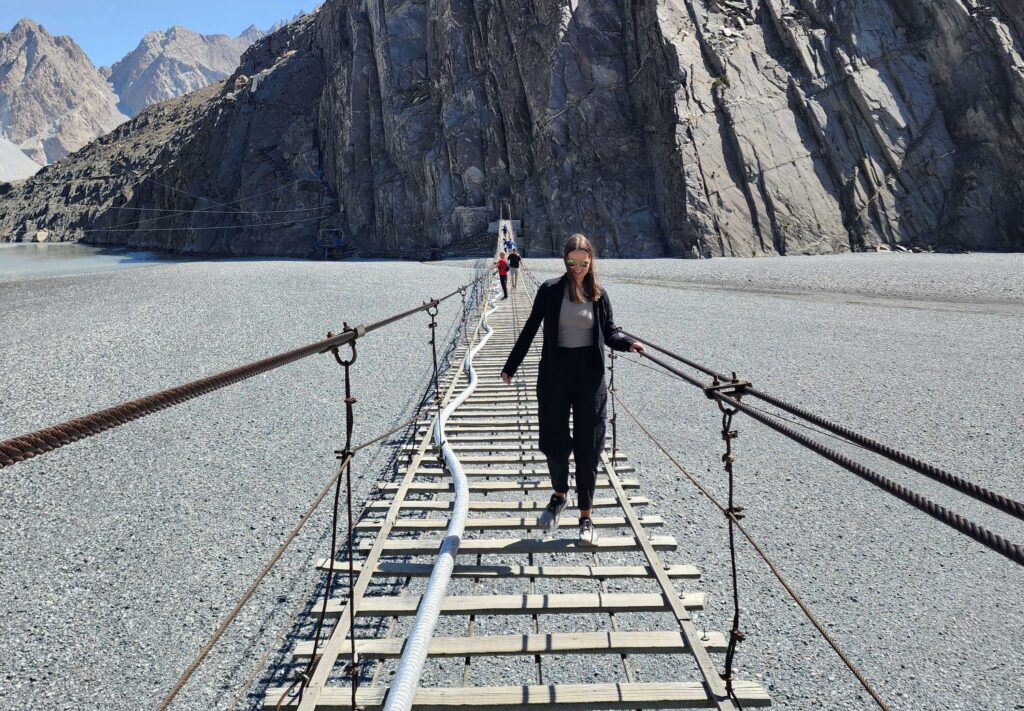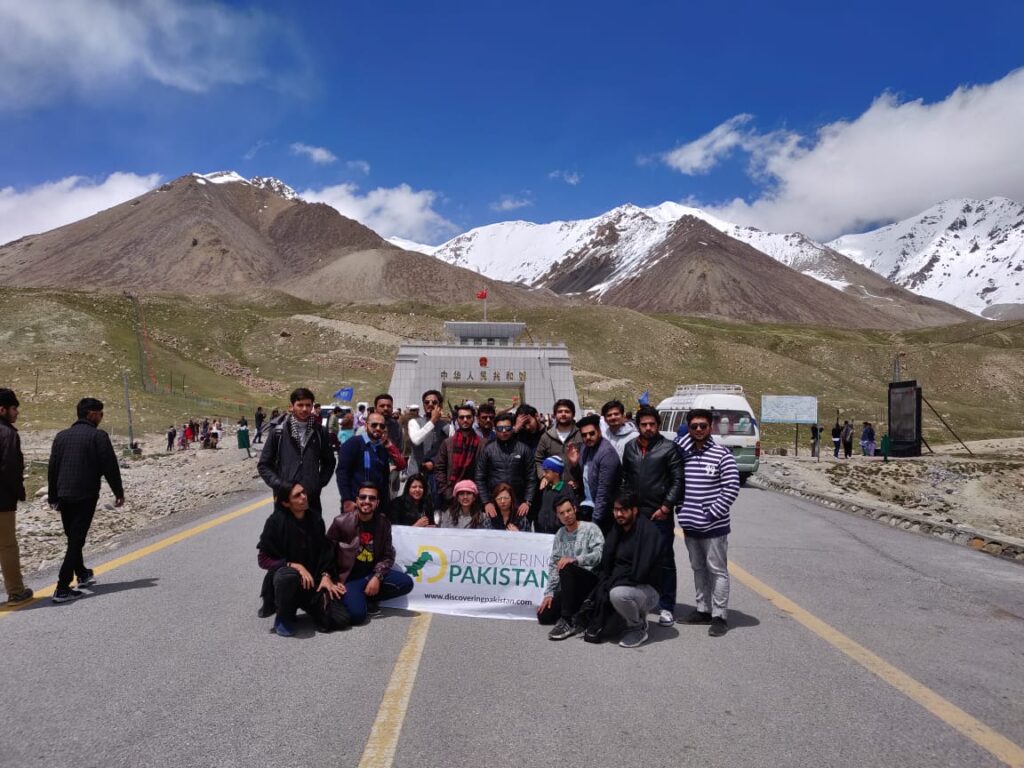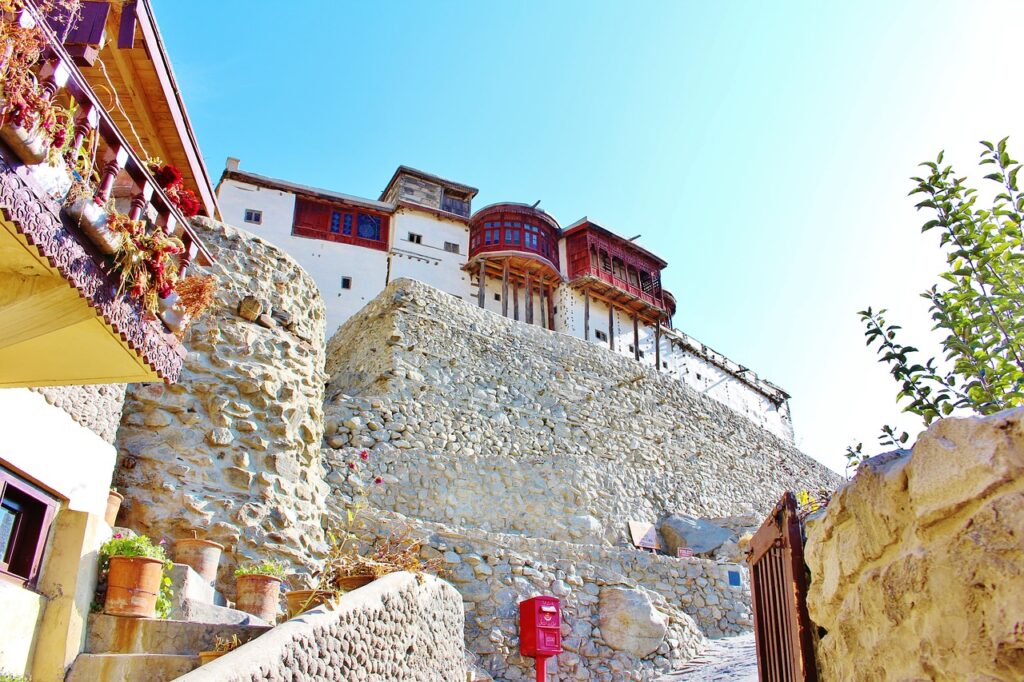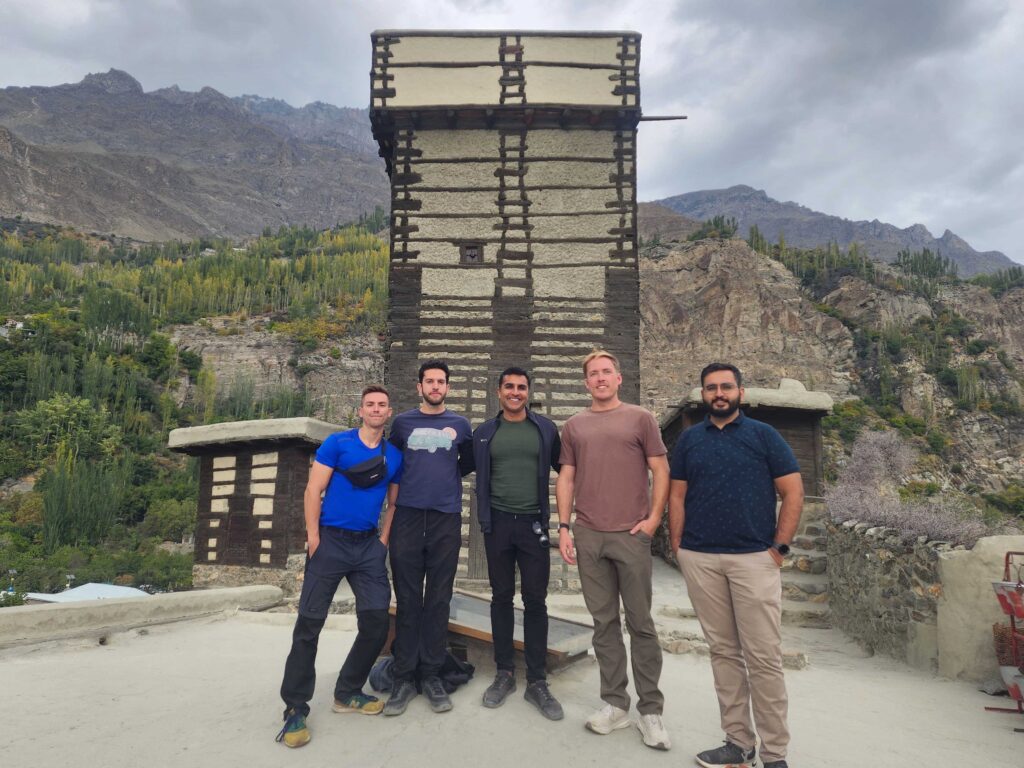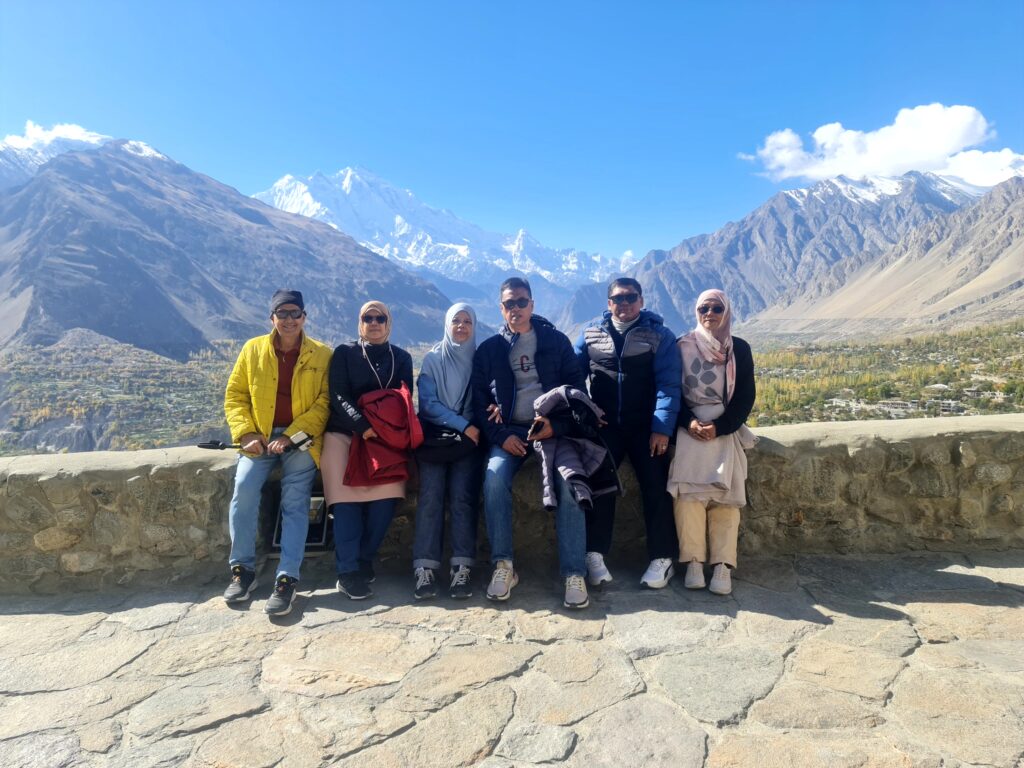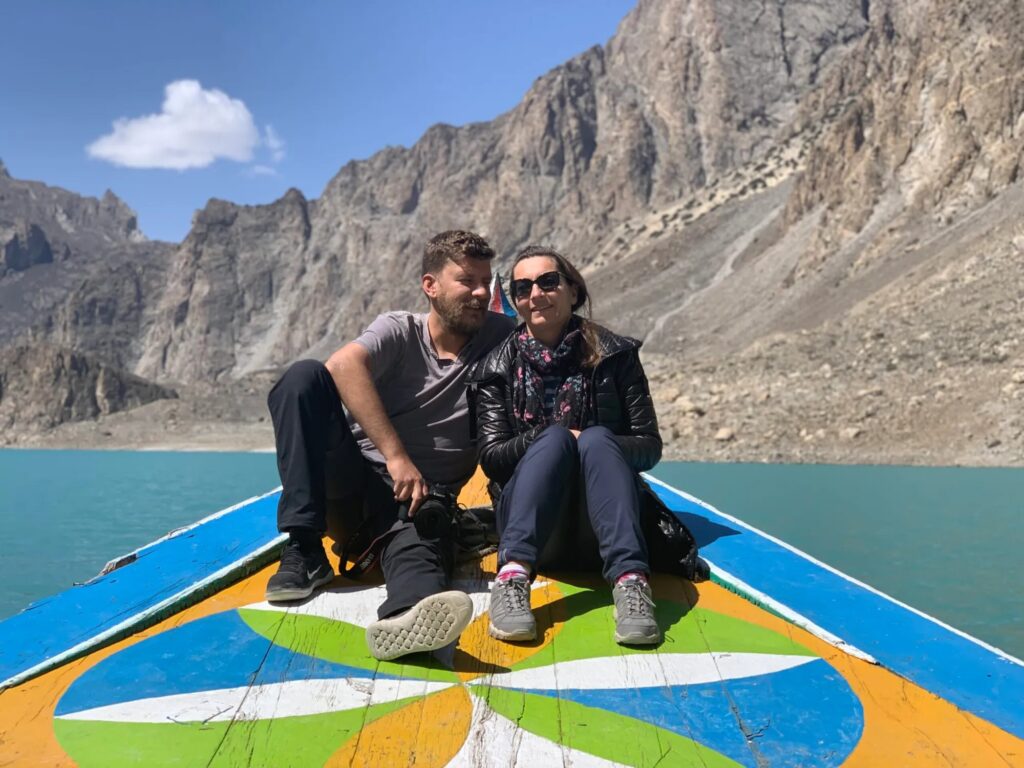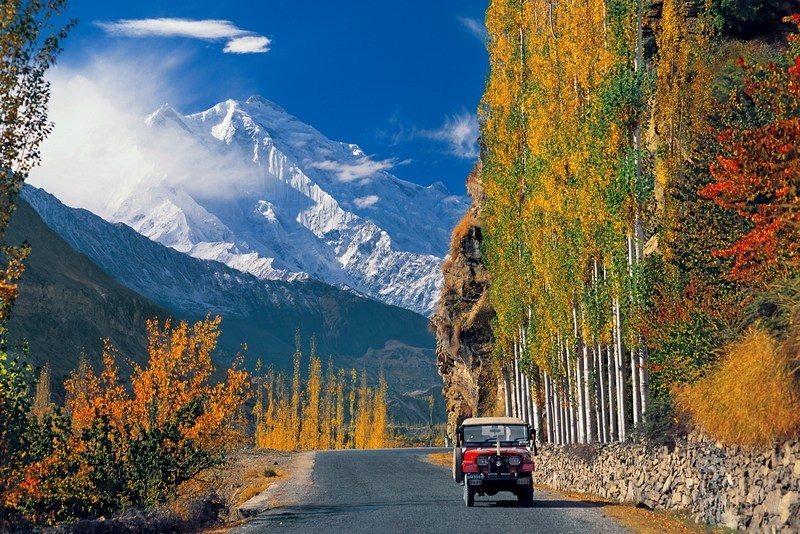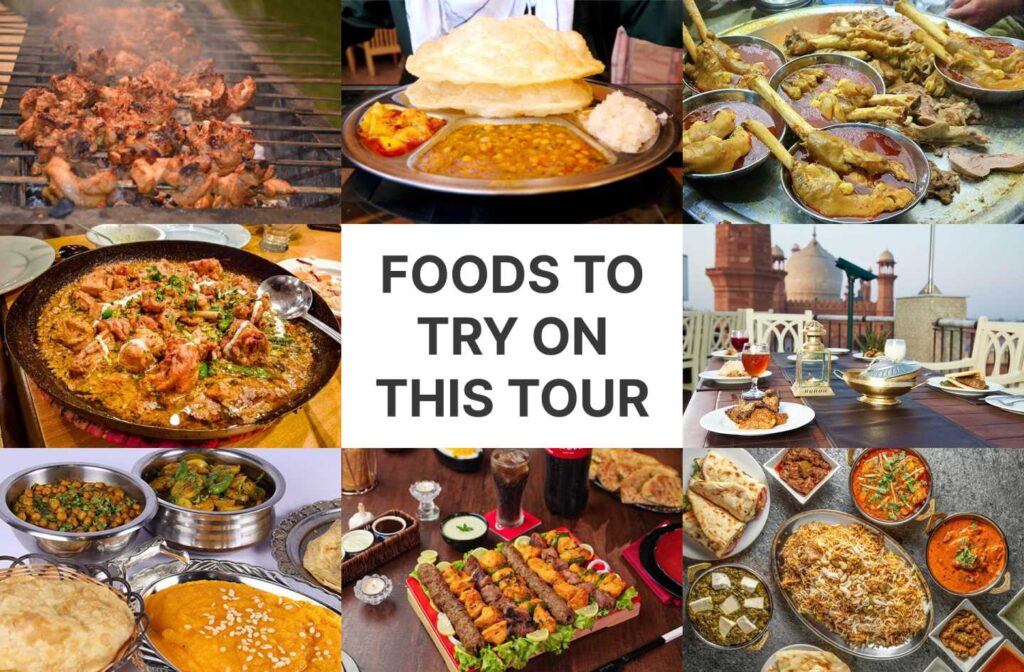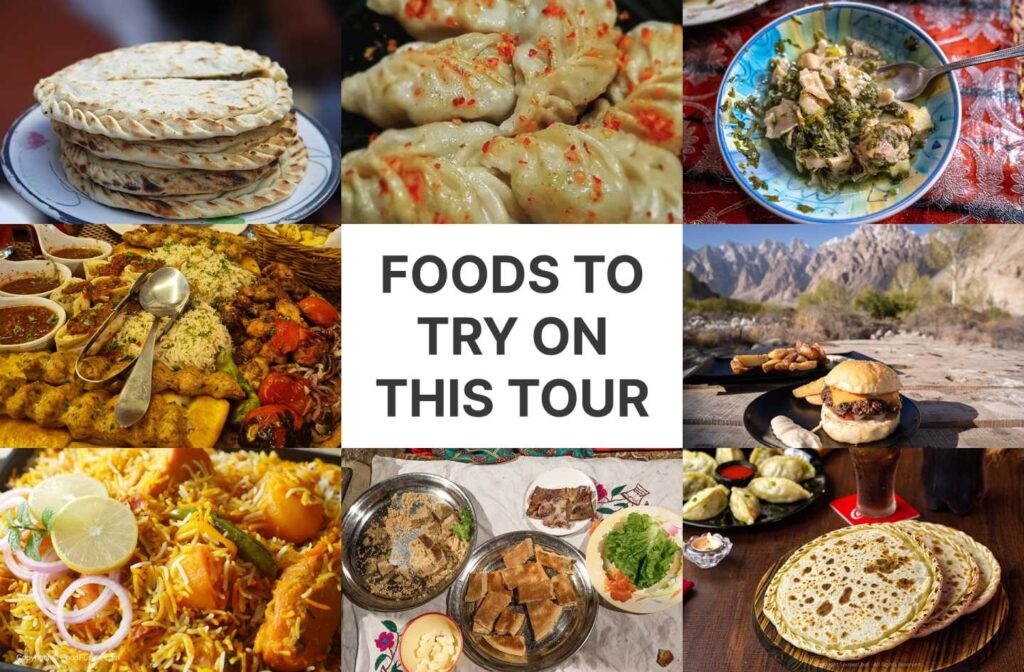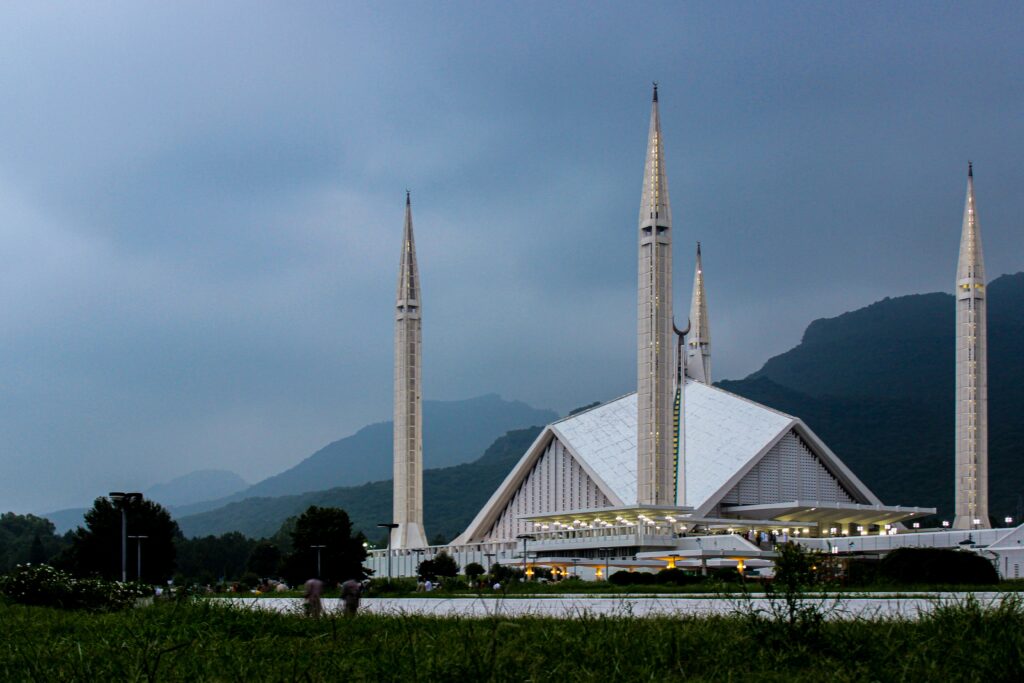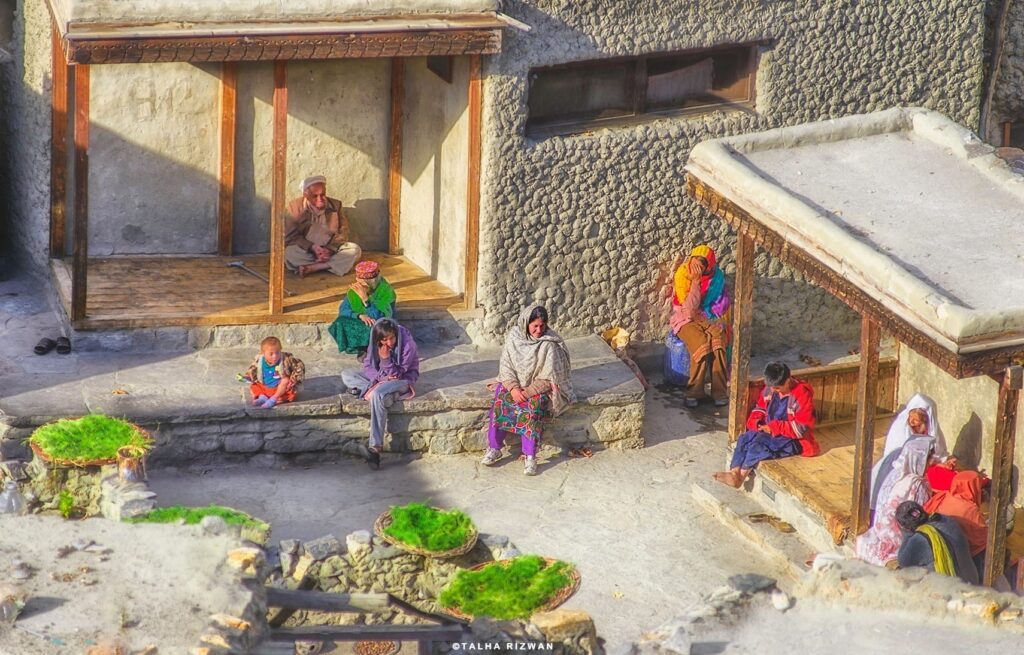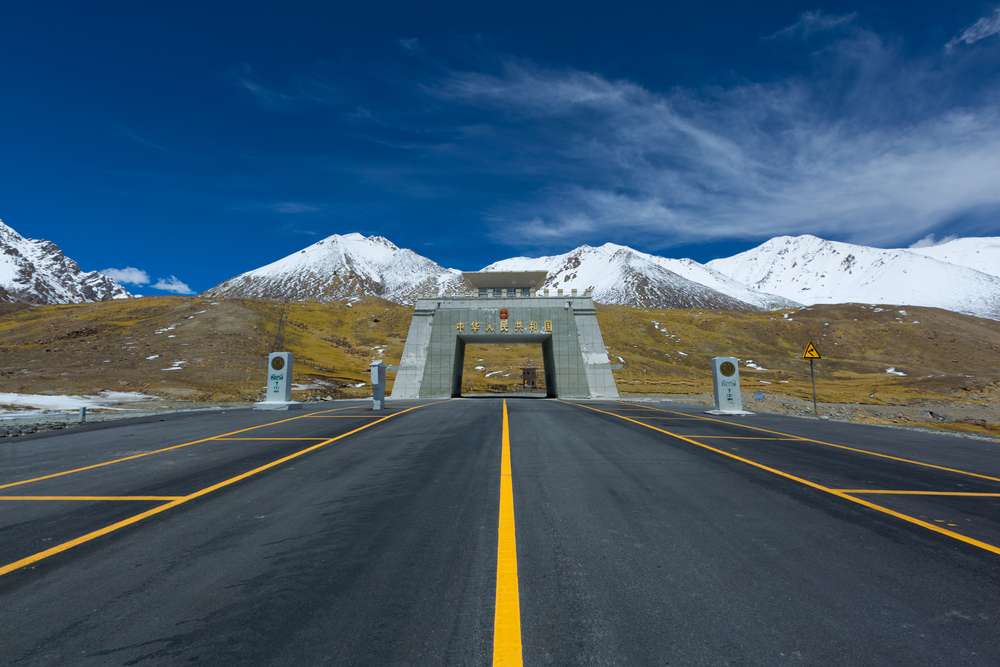7-Day Hunza Tour by Road – A Scenic Journey Along the Karakoram Highway
This 7-day Hunza tour by road is ideal for those who want budget-friendly travel and want to experience the full beauty of the Karakoram Highway (KKH) from Islamabad to the mountain regions of Gilgit-Baltistan. Unlike air travel, the road journey allows you to observe the changing geography of Pakistan—from the plains of Punjab and Hazara hills to the alpine valleys and glacial landscapes of Hunza. Along the way, travelers witness rivers, peaks, traditional villages, and cultural markers that define northern Pakistan’s terrain and way of life.
The route offers a blend of natural beauty, historical landmarks, and direct contact with local communities. Hunza Valley, the tour’s highlight, is known for its preserved forts, panoramic viewpoints, and cultural identity rooted in centuries of regional history. The road access also enables more interaction with towns and stops.
Key Highlights of the Hunza Road Tour
- Travel the length of the Karakoram Highway (KKH) from Islamabad to Hunza, with uninterrupted views of Indus river, mountain passes, and alpine valleys.
- See the Indus River, Gilgit River, and Hunza River—three major waterways of the north—each with distinct geography and importance.
- Explore key Hunza villages including Karimabad, Altit, Ganish, and Passu, known for historical buildings and dramatic scenery.
- Visit Baltit Fort and Altit Fort, two restored architectural sites that showcase the region’s past governance and design styles.
- Experience Attabad Lake, a turquoise lake formed by a natural landslide, now accessible by road and boat.
- Walk on the Hussaini Suspension Bridge, recognized for its unique construction and river views.
- Observe towering peaks such as Rakaposhi, Ultar Sar, and the Passu Cones, visible directly from the road and village pathways.
- Engage with the Burusho community, known for their language (Burushaski), longevity, and hospitality.
Ancient Routes, Strategic Roads, and Present-Day Access
The Karakoram Highway traces part of the ancient Silk Route that connected China with Central Asia and South Asia. The road cuts through some of the world’s most challenging terrains, including active geological fault lines, landslide-prone zones, and high mountain passes. As a result, the journey itself becomes a part of the destination—offering not only views but a firsthand experience of Pakistan’s diverse topography.
Travelers who go by road pass through historical trade stops, such as Chilas and Gilgit, and enter Hunza through a gradual ascent. This allows for a more natural altitude transition and exposure to landmarks along the way, such as old bridges, roadside markets, and viewpoints. The route also includes access to glacier-fed lakes and viewpoints that are difficult to reach on shorter itineraries.
Travel Experience
Driving to Hunza overland offers more than just transit; it provides an unfolding story of Pakistan’s landscape and people. The long journey is divided with overnight breaks, typically in towns like Naran, Chilas, or Gilgit depending on the season. Comfortable vehicles, breaks at rest points, and time to stop for photos or local food add flexibility to the trip.
Once in Hunza, travel is done on smooth paved roads and visit both the main valley and side areas like Upper Hunza, Passu, and Nagar. While the drive is long, it’s well-suited to travelers who enjoy scenic travel, historical context, and open access to a variety of landscapes and communities.
Perfect For…
- Travelers seeking a comprehensive Hunza experience in budget.
- Those who want to explore the Karakoram Highway in full, from river gorges to glacial peaks.
- Individuals interested in road travel, cultural engagement, and natural photography.
- Families and groups preferring flexible, budget-friendly travel with more stops and interaction en route.
Why This Hunza Tour Package Stands Out
- Full Karakoram Highway journey from Islamabad to Hunza and back, with diverse scenery throughout.
- Deeper cultural engagement by passing through towns like Besham, Chilas, Gilgit, and smaller villages.
- Natural adjustment to high altitudes, reducing sudden exposure to elevation.
- Greater access to roadside landmarks, viewpoints, and regional food unavailable on direct flights.
- Available year-round, with seasonal route variations through Naran-Babusar (summer) or Besham–Dasu (winter).
Want a more relaxing tour instead?
Check out this 7 Days by Air Tour Package to Hunza Valley, also including vibrant and historical city of Lahore and witness iconic India-Pakistan Wagha Border Ceremony.
